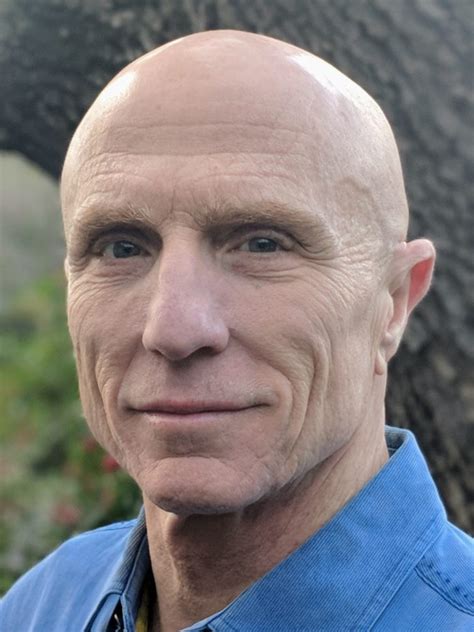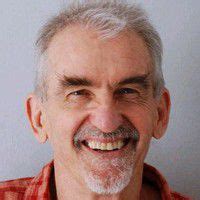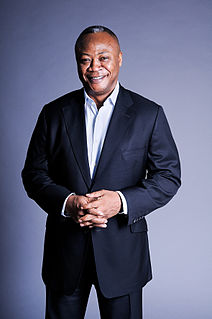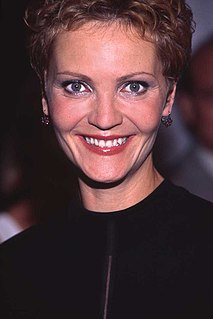A Quote by Amanda Ripley
We gauge risk literally hundreds of times per day, usually well and often subconsciously. We start assessing risk before the disaster even happens. We are doing is right now. We decide where to live and what kind of insurance to buy, just like we process all kinds of everyday risks: we wear bike helmets, or not. We buckle our seatbelts, smoke cigarettes, and let our kids stay out until midnight. Or not.
Related Quotes
To laugh is to risk appearing a fool. To weep is to risk appearing sentimental. To reach out to another is to risk involvement. To expose feelings is to risk exposing your true self. To place your ideas and dreams before a crowd is to risk their loss. To love is to risk not being loved in return. To hope is to risk pain. To try is to risk failure. But risks must be taken, because the greatest hazard in life is to risk nothing.
The risk of working with people you don't respect; the risk of working for a company whose values are incosistent with your own; the risk of compromising what's important; the risk of doing something that fails to express-or even contradicts--who you are. And then there is the most dangerous risk of all--the risk of spending your life not doing what you want on the bet that you can buy yourself the freedom to do it later.
Whereas disinfecting Christians involves isolating them and teaching them to be good, discipling Christians involves propelling Christians into the world to risk their lives for the sake of others. Now the world is our focus, and we gauge success in the church not on the hundreds or thousands whom we can get into our buildings but on the hundreds or thousands who are leaving our buildings to take on the world with the disciples they are making
I think people in general don't take enough risks. Some people feel that before they can take on that next challenge they need to be 100 percent ready. It's just not true. Even people in their jobs aren't perfect at their jobs. So my biggest advice to people is to step out there. Take the risk and deal with it. What is the worst that could happen? It's about thriving on risk instead of shrinking from risk.
Right now in the insurance markets, we have sort of a disaster unfolding, a downward spiral, adverse selection, premiums in the individual market going through the roof. People can't afford insurance and insurance companies are losing hundreds of millions of dollars. If you repeal part of Obamacare to get rid of the individual mandate but keep some of the ideas, that people can still buy insurance after they're sick, the situation gets extraordinarily worse. And so what we're seeing now could be tenfold greater if you only repeal part of Obamacare.
With the socialization of the health care system through institutions such as Medicaid and Medicare and the regulation of the insurance industry (by restricting an insurer’s right of refusal: to exclude any individual risk as uninsurable, and discriminate freely, according to actuarial methods, between different group risks) a monstrous machinery of wealth and income redistribution at the expense of responsible individuals and low-risk groups in favor of irresponsible actors and high-risk groups has been put in motion.
In my first start-up, I had an initial advertising budget of $5 per day total. That would buy us 100 clicks per day. At $5 per day, marketing people scoffed and said that is too small to matter. But if you think about it, to an engineer, 100 real humans everyday giving your product a try means you can really start improving.
The thing is doing it, that's what it's all about. Not in the results of it. After all what is a risk? It's a risk not to take risks. Otherwise, you can go stale and repeat yourself. I don't feel like a person who takes risks. Yet there's something within me that must provoke controversy because I find it wherever I go. Anybody who cares about what he does takes risks.
How often do our heroes stand still? It's hard to imagine Spock and Kirk landing on a planet and just relaxing for a month or two. Just hanging out has nothing to do with boldly going where no one has gone before. What makes us different from every other creature is that we go places, places we've not gone before. We do it willingly, and often. What makes our work and our life interesting is discovery, surprise, and the risk of exploration.

































